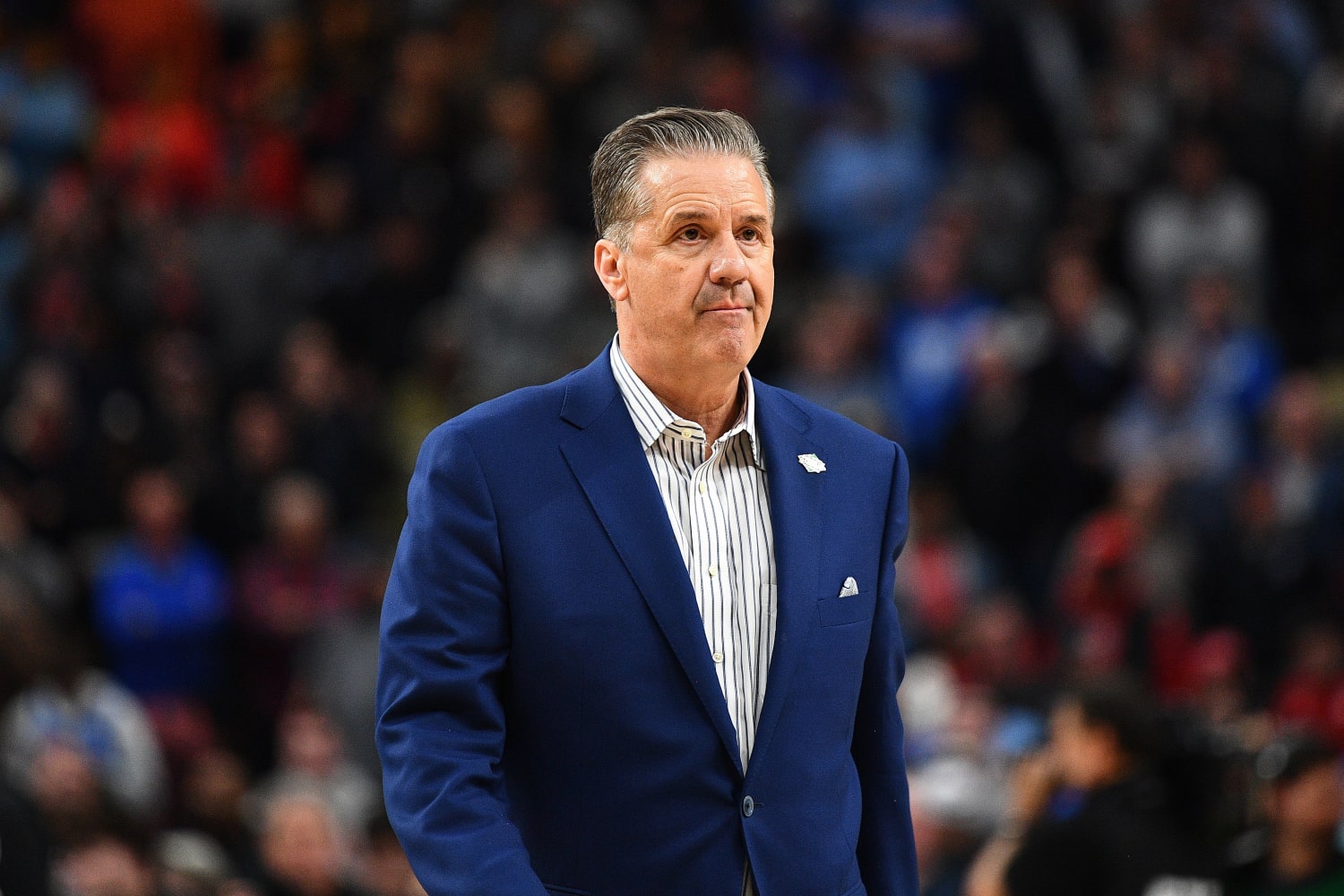
On a crisp autumn morning in Fayetteville, Arkansas, news broke that sent shockwaves through the college basketball community: John Calipari, head coach of the Arkansas Razorbacks, was involved in a car accident. The incident occurred while Calipari was en route to a team meeting, a routine part of his busy schedule as he prepared the Razorbacks for their upcoming season.
According to reports, Calipari was driving his SUV when a vehicle abruptly changed lanes, colliding with him at an intersection. Eyewitnesses described the scene as chaotic, with bystanders rushing to check on the coach, who was visibly shaken but alert. Emergency services arrived quickly, and Calipari was transported to a local hospital for evaluation.
Fortunately, initial assessments revealed that he sustained only minor injuries—a few bruises and soreness, but nothing serious. The coach was grateful for the quick response of the emergency teams and the support of his players and staff. In a statement released later that day, he expressed his gratitude: “I’m thankful to be okay and for everyone who has reached out. Accidents can happen in the blink of an eye, and I urge everyone to drive safely.”
As the news circulated, the reaction from the Razorback community was immediate and heartfelt. Fans, players, and fellow coaches expressed their relief that Calipari was not severely injured. Social media platforms were flooded with messages of support, many recalling his dedication to the team and the impact he has made in such a short time since taking the helm of the program.
The incident also brought to light the challenges that coaches face beyond the court. Juggling recruitment, practice schedules, and game preparations can be incredibly demanding, and it’s easy to forget that these figures are human, navigating the same roads as everyone else. His involvement in the accident reminded fans that even prominent figures like Calipari experience life’s unpredictable nature.
In the days following the accident, the Razorbacks’ training sessions were marked by a renewed sense of camaraderie. Players rallied around their coach, showing support both on and off the court. Calipari, known for his motivational style, used the incident as a teaching moment, emphasizing the importance of family, community, and resilience. His message resonated deeply, fostering a stronger bond within the team.
As he recovered, Calipari returned to the sidelines, ready to lead his team with the same passion that has defined his coaching career. He incorporated discussions about safety and mental well-being into practices, encouraging players to prioritize their health both on and off the court. His experience became a cornerstone for building character, reminding the team that they are not just athletes but individuals facing challenges in life.
The Razorbacks went on to have a successful season, fueled in part by the unity forged during this trying time. Calipari’s leadership shone brightly as he navigated the ups and downs of the season, ultimately leading the team to the NCAA tournament.
The accident served as a pivotal moment for Calipari, transforming a frightening experience into an opportunity for growth and connection, both for himself and his players. In true coaching fashion, he turned adversity into a lesson, proving once again that resilience and teamwork extend far beyond the court.
Leave a Reply